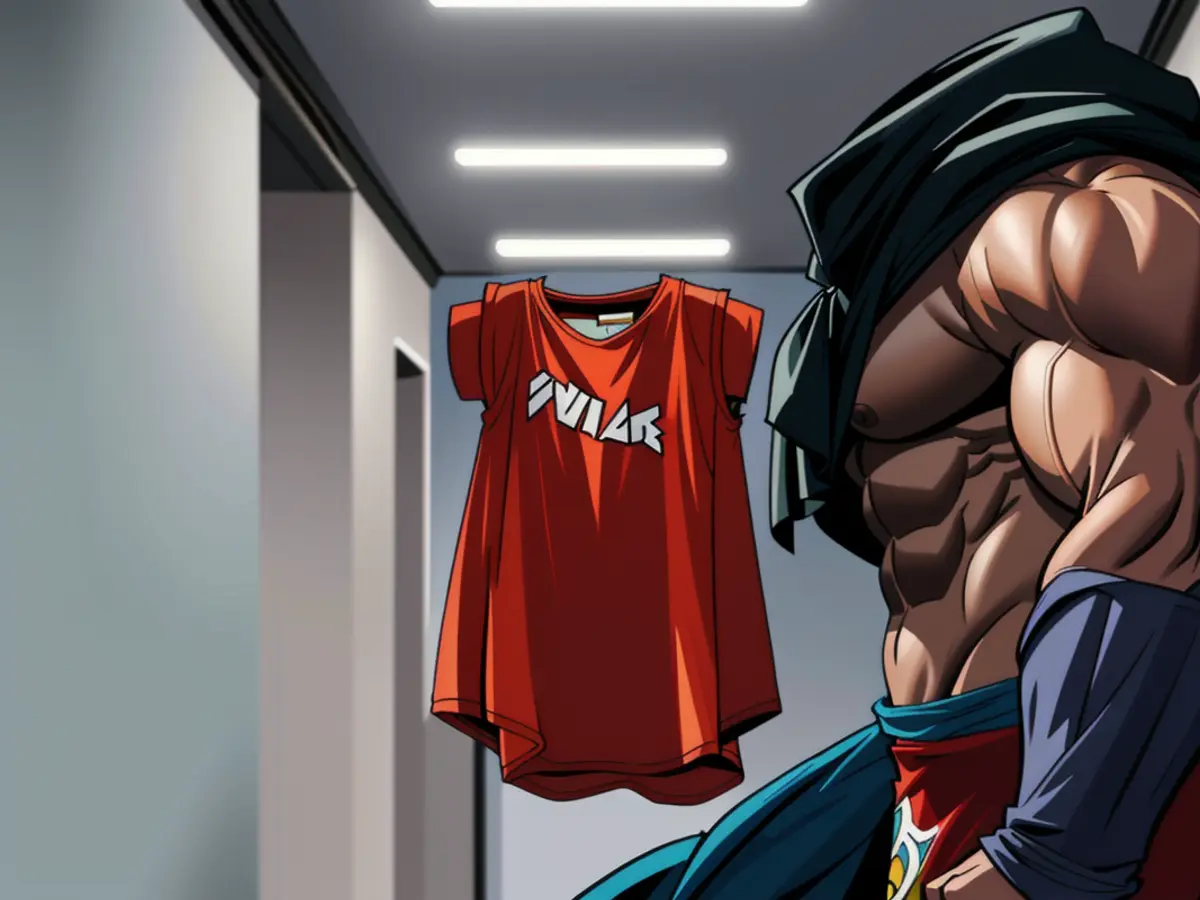Primary Hypothesis of 'Severance' Season 2 Finale Typically Proven Inaccurate
Rewritten Article:
Spoilers abound as fans unravel Severance season 2's finale, questioning what truly transpired and what tantalizing revelations could be on the horizon. One of the most talked-about theories about the ending has been debunked: the claim that Helena, rather than Helly, was attempting to lure Mark back to Lumon. In an interview with the LA Times, Helly/Helena actress Britt Lower sets the record straight.
The prevailing theory suggested that Helena, in the gut-wrenching finale scene where innie Mark must decide between reuniting outie Mark with Gemma or remaining with Helly inside Lumon, was actually Helena making another sneaky move to dupe Mark. The notion that Helly wouldn't perform such a perceived cruel act was a major component of this theory.
But fear not, Severans, as this theory falls flat according to Lower herself. She confirms that the character who bids farewell to Mark in the final episode is none other than Helly R. Lower further explained, "In [Episode 9], Dylan casts doubt in Helly's understanding of herself. She's lost Irving, her father figure, and with Dylan seemingly turning his back on her, when Mark presents her with a chance for him to live, she's simply trying to see him, to confirm that he's finally made it out."
Other speculations suggest Helly may have sought Mark out to verify his escape, rather than hold him captive. Regardless, Lower seems unperturbed by his departure.
Now, my own interpretation diverges from this debunked theory somewhat. I'm inclined to believe that Jamie will attempt to "flip" Helena and Helly, turning Helena into the innie and Helly into the outie – a consequence of the "Kier fire" bit, and his apparent disregard for Lumon-executive daughter, whom he claims he doesn't love. Even though Helly may not be on board with this scheme, it could potentially move her away from the severed floor for more extended scenes.

However, rest assured – no more Helena/Helly swaps are imminent, according to Lower. While I understand the suspicion brewing among fans, it's comforting to have clarity on this matter from the actress herself.
Stay tuned to me on Twitter, YouTube, Bluesky, and Instagram for more insights on Severance and beyond. Don't forget to check out my sci-fi novels, the Herokiller series and The Earthborn Trilogy.
Footnotes:
- The Verge: Severance season 2 Finale: What to Expect When You’re Expecting a Kier
- The Guardian: Severance season 2 finale explained: the big twist explained
- Decider: The Shocking Twist In The Severance Season 2 Finale That Left Fans Stunned
- TVLine: Severance Season 2 Finale True Meaning Explained – And Our Top 5 Theories
- TV Insider: Severance Finale Brings Unexpected Twist, But What Happens Now?
Enrichment Data (Integrated Selectively):According to Lower, the final moments of the season were intended to depict Helly making decisions based on her own motivations rather than Helena’s influence. This was driven by Helly's connection to Mark and her desire to see him one last time, building upon her interactions with Dylan and her reflections on her identity following Irving's death. Lower also highlighted Helly's personal struggles, having lost key figures in her life and grappling with her own sense of identity. This internal conflict, rather than any manipulation by Helena, was what led Helly to act as she did in the finale. The narrative of Severance emphasizes the complex interplay between innies and outies, suggesting that both Helly and Helena are integral to the story without simplistically categorizing them as good or evil.
The theory suggesting that Helena was trying to deceive Mark in the 'Severance season 2 finale' was debunked by actress Britt Lower, who clarified that it was indeed Helly, and not Helena, who bade farewell to Mark. Lower explained that Helly's actions were influenced by her personal struggles and her desire to see Mark one last time. The narrative of 'Severance' subtly highlights the complex interplay between innies and outies, illustrating that both Helly and Helena are key to the story without labeling them as irrevocably good or evil.








